In what is considered to be one of the most successful trading days Big Tobacco has experienced since the Financial Crisis of 2008, the vape industry is once again in trouble! Yesterday the U.S. Food & Drug Administration published a report indicating that new steps have been taken to address the epidemic of youth e-cigarette use.
The FDA sent out warning letters to 5 major e-cigarette manufacturers and more than 1,300 retailers for selling to the youth. The letters request that manufacturers provide a plan for mitigating youth sales within 60 days or face the removal of flavored e-liquids from the market. Altria, British American Tobacco, Imperial Brands, and Japan Tobacco Inc., all majority stakeholders in 4 of the 5 major manufacturers all experienced a spike as high as 6% in growth yesterday amidst the news. This article addresses why this was a great day for Big Tobacco and what this may mean for the American vaping market.
So let me get this straight. FDA attacks brands owned by Big Tobacco, yet stocks INCREASE? How?
What I just asked above is a pretty sound question. How exactly would a multi-billion dollar conglomerate such as Altria, INCREASE in stock shares despite the FDA effectively slamming their subsidiary e-cigarette brand and potentially put the millions of users at risk of not accessing the product?
The answer is simple really - it's both the innovation of next-gen products and the availability of existing products products from each of these conglomerates that would still benefit despite an industry-wide flavor ban.
Competitive Advantage #1: Innovation
One of the most effective ways to bounce back amidst an order to pull products off shelves is to have contingency products. Let's start with Altria, the massive conglomerate that owns NuMark, which is the manufacturer of MarkTen. Under the massive umbrella of Altria also lies Phillip Morris International, a smaller conglomerate that owns Marlboro, which in turn manufactures the IQOS. The IQOS has gained quite a massive following due to its "heat-not-burn" technology. According to the IQOS site, the device vaporizes tobacco leaves instead of e-liquid, thus eliminating the massive paranoia of the unknown behind the chemical properties of e-liquid. On top of that, heat-not-burn technologies require tobacco leaves to be vaporized, thus eliminating flavors and therefore youth initiation. Due to the improved delivery method, products such as the IQOS, the GLO by British American Tobacco, and the PLOOM Tech by Japan Tobacco International, you can expect publicly listed Tobacco companies to earn a significant amount of interest among investors.
Competitive Advantage #2: Pre-Market Authorization
Outside of Big Tobacco's heat-not-burn effort to capture the soon-to-be displaced population of users that use e-cigs and its respective products, the second competitive advantage to highlight are the pre-market authorizations through the grandfathered clause of the FD&C Act. ALL of these Tobacco companies have had products in the market prior to 2007. As for new products that were marketed after 2007, the Substantial Equivalence Report is required instead of the PMTA required for most of the vape industry. This particular competitive advantage is HUGE for the Tobacco Industry. Regardless if e-liquids are banned or not, Big Tobacco is here to stay.
THIS IS NOT WHAT I NEED TO HEAR RIGHT NOW....
The Root of the Problem - YOUTH INITIATION
Last month, FDA Commissioner Scott Gottlieb published a blog indicating that the greatest threat to public health lies with youth initiation of tobacco products, and in turn, creating a new generation of nicotine-addicts. Despite claims that the FDA now acknowledges the safety benefit of e-cigarettes over combustible tobacco products, it's pretty sad to see that the priority of safeguarding public health lies with youth initiation and restricting access to all due to this.

What Does This Mean for JUUL and the American Vaping Market at Large?
Aside from Big Tobacco winning pretty significantly, the biggest losers in yesterday's regulatory attack would be the likes of JUUL, E-Liquid manufacturers, and retailers nationwide. As part of the regulatory attack the FDA vows even more restrictions to come when it comes to youth accessibility. While it is still unclear as to WHAT these restrictions will consist of, the FDA has proposed the following:
- Potentially changing the FDA's current compliance policy to determine whether it can better account for the manufacturers that are not successfully preventing widespread youth use of their products.
- Indefinitely stepping up FDA enforcement actions to monitor, penalize, and prevent e-cigarette sales in convenience stores and other retail sites.
- Taking a closer look at manufacturers that sell directly to public and taking appropriate enforcement actions as needed.
Clearly the FDA and its backed anti-vaping entities are taking a more serious approach towards regulation. While the initial onset may suck for our joint cause of bringing ADULT SMOKERS a viable alternative, we all collectively need to start regulating ourselves. 1300 warning letters issued to offending retailers?! Unacceptable. Manufacturers and retailers alike NEED to develop smarter sense when it comes to servicing their would-be customer base. Otherwise, say goodbye to vaping, and welcome back Big Tobacco as the dominant, driving force of smoking.






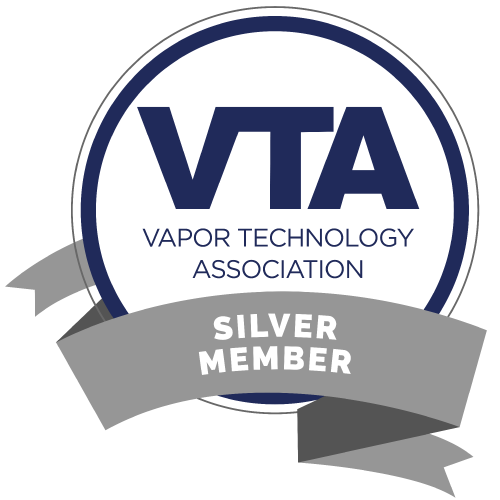
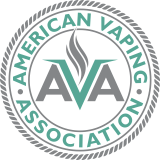
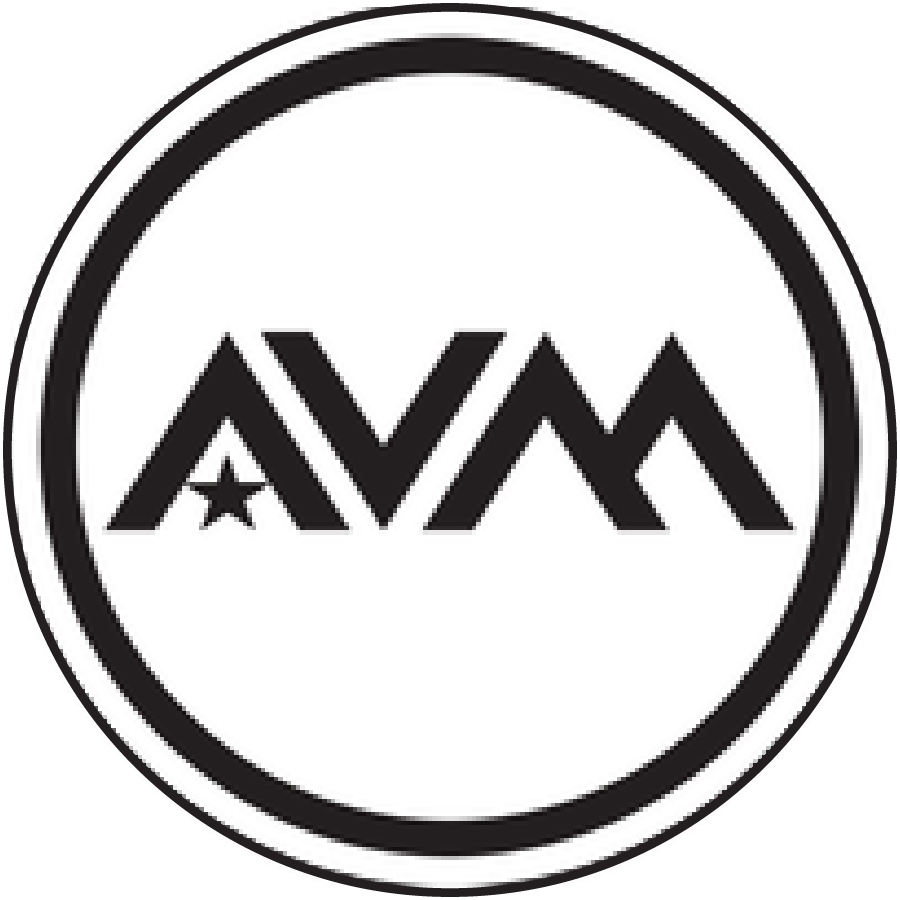
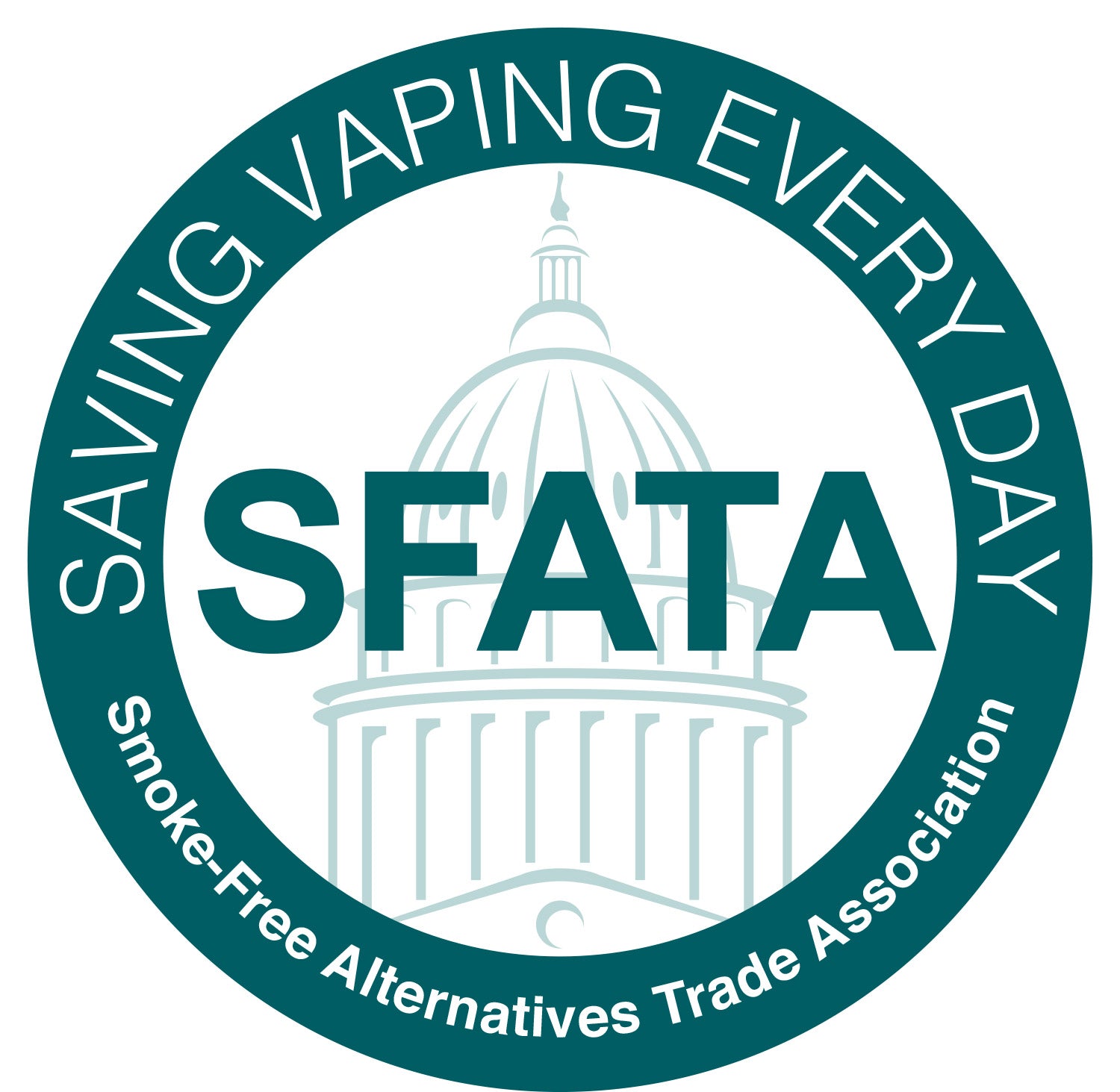
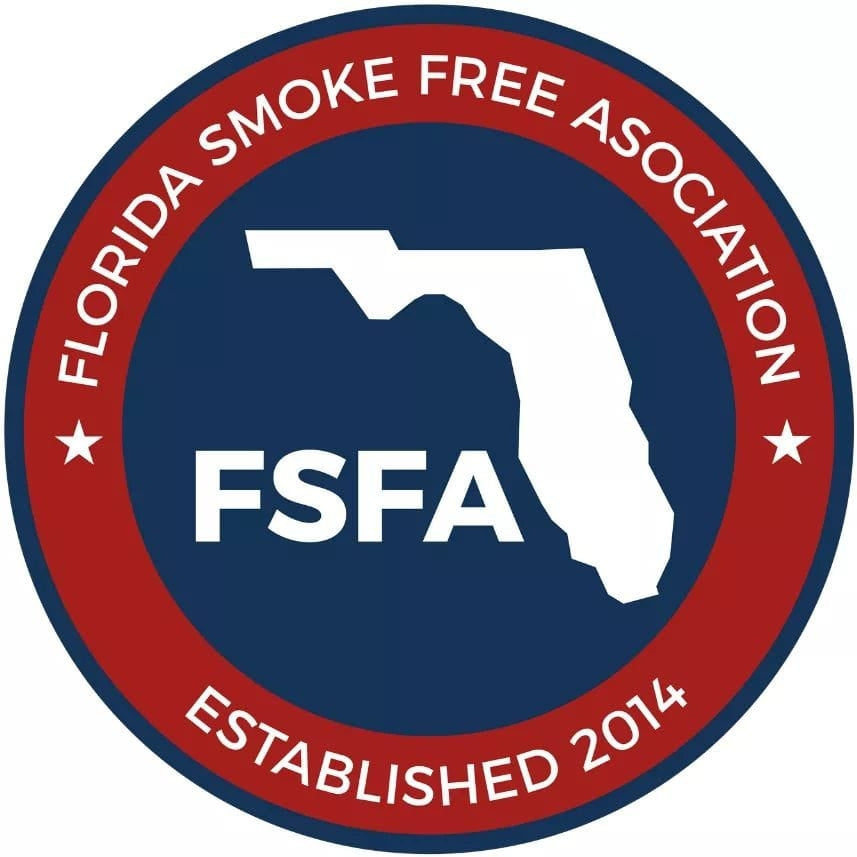
Leave a comment
This site is protected by hCaptcha and the hCaptcha Privacy Policy and Terms of Service apply.